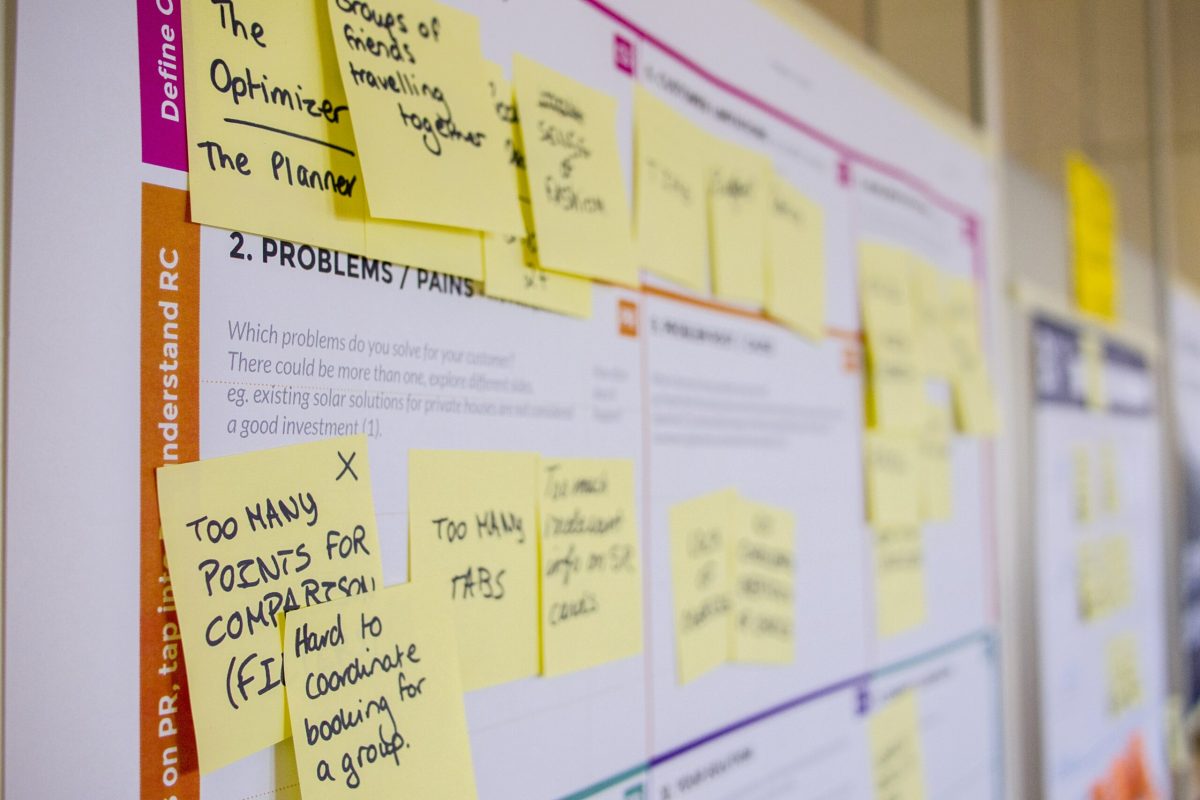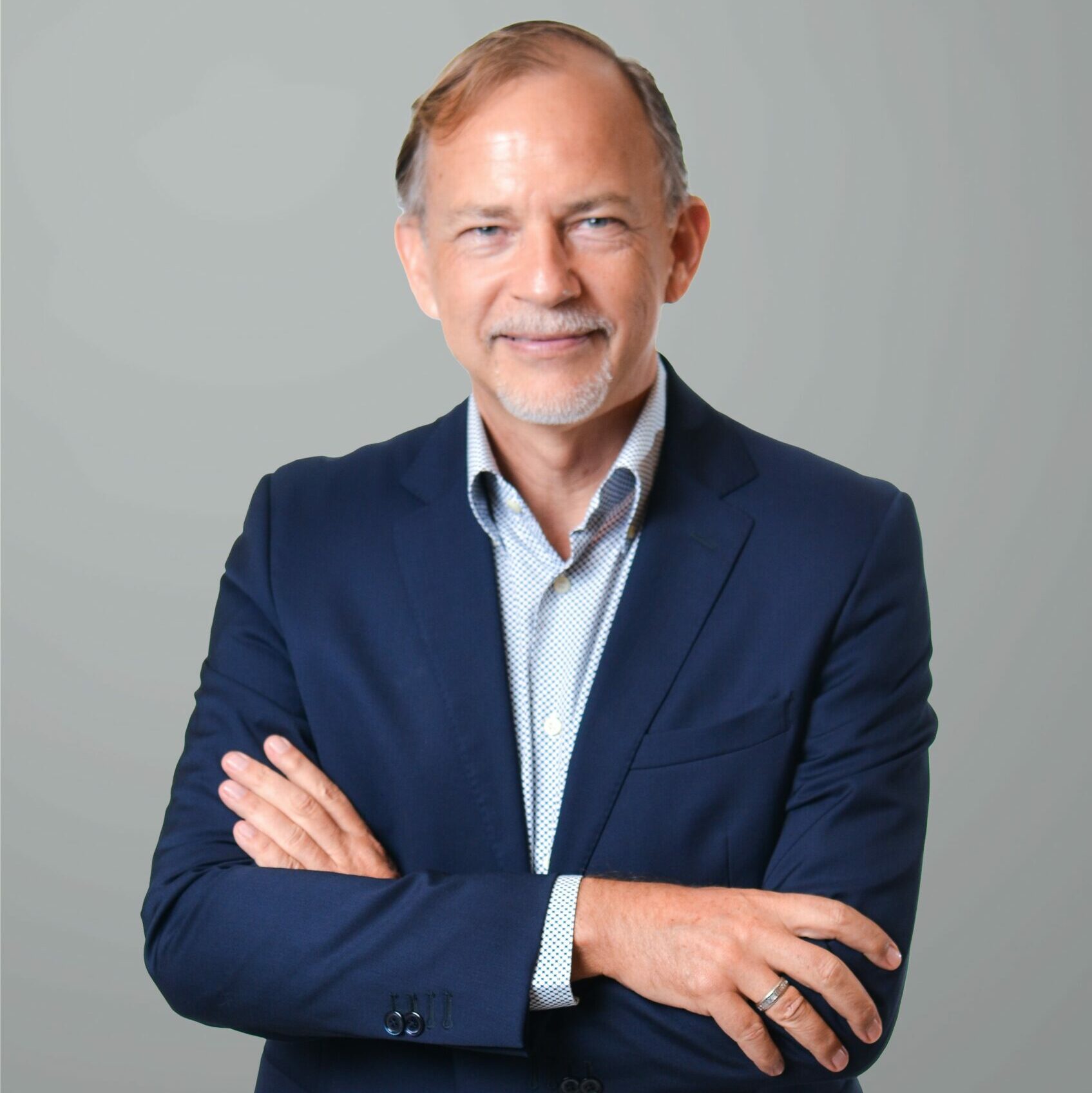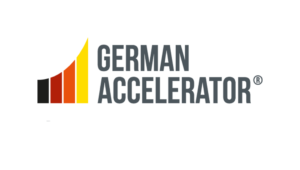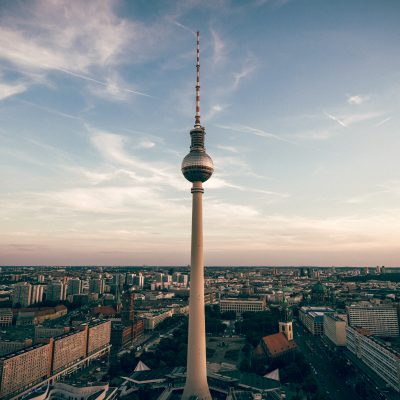
Why you need an accelerator to help you expand internationally
Introduction: Why Asia?
After successfully exploring opportunities in other European countries, the direction of scaling globally for German startups had usually pointed West. Primarily, German startups followed this route due to culture, language, and ease of access to market. However, while the San Francisco Bay Area and New York still feature at the top of startup hub rankings, Asian cities like Singapore, Beijing, Bangalore, and Tokyo have grown in prominence and show the increased importance of developing business relationships with Asian countries. Many of the important Asian startup hubs have created business-friendly legal frameworks including tax reliefs, governmental programs for support, and easy business registration, coupled with large consumer markets with an openness to foreign products. Although every country has been affected by the COVID-19 pandemic, experts anticipate Asia’s economy to bounce back quickly and predict an 83% increase in money raised by startups in 2021.
Starting early
As a founder, it is important to determine a clear path to scaling and growing at an early stage because structuring the business with the possibility of going global at a later stage can help save valuable resources and time. That includes not only starting off with an international mindset, but also gearing products and business models to potential expansion plans as well as starting to gather a basic understanding of culture, economy, and regulations in potential target markets in Asia. Each region offers different benefits, but also different risks. There is no one-size-fits all solution.
To expand or not to expand
Being well informed can lead to a successful expansion into one of Asia’s markets. But it can equally lead to a deliberate decision against an expansion, avoiding potentially costly mistakes.
Forto, a Berlin-based, European-leading online platform for freight forwarding, rose into the ranks of unicorns in June 2021 after raising $240M in an international funding round. The company serves more than 2,000 customers via offices in 9 different countries all over the world, including Hong Kong. In 2020, the startup decided to participate in an internationalization program offered by the German Accelerator for possible market discovery in Southeast Asia. “We joined the program in order to better understand the logistics landscape in Southeast Asia. We especially appreciated the diverse and exceptionally experienced mentor network that is not shy to say what needs to be said,” said the founders of Forto.
Over the course of several months, the founders connected with experts from a network with more than 350 mentors. They met local industry leaders, addressed market opportunities as well as individual next steps in workshops and identified Singapore as a suitable location for their business. Supported by this knowledge, they were able to open a local office, and built a Singaporean team —- all during the global pandemic and with new plans in mind: “We will expand our platform for organizing trade shipments between China and Europe. We are actively present in Asia with offices in Hong Kong, Ningbo, Shanghai, Shenzhen and Singapore.” The program was able to reduce Forto’s risk with internationalization not only by providing knowledge but also by helping prioritize their individual next steps and establishing first contacts without delays or wasting resources.

Success does not only come in the form of actual expansion, as proven by startup Homefully. The online platform offers fully furnished rooms as co-living spaces in Germany’s most attractive cities, as well as in Zürich, Switzerland. Their online-based concept with more than 1,000 units not only addresses German locals, but 50% of their clients are international expats from other European countries.
In 2019, the founders of Homefully decided to join German Accelerator’s program to explore opportunities in the Southeast Asian market. “Our expectation was to gain valuable knowledge about a market that is geographically quite far from our home turf as well as a deep-dive into the industry, best practice approaches, different customer segments, funding opportunities etc.”, says founder Sebastian Wuerz. Experts and local contacts helped with gaining an overview of opportunities, problems and needs in order to take their successful European concept global. “We were still quite early in the startup lifecycle. Furthermore co-living is operationally heavy, involves a physical product and local markets, which was also part of the reason why we decided against an expansion”. One might be quick to judge this as a failure but it is not. The founders made an informed decision and gained the confidence and management strength to focus on Europe. In 2021, they were acquired by Berlin-based startup Habyt and thus secured a buyout for their company. That, too, should be seen as a success.
The help of an experienced global organization
The challenge of expanding to Asia lies in identifying product market-fit in a region with different countries, languages, religions, historical backgrounds, and cultures. Participation in a program from German Accelerator provides unbiased support as it is financed by the German Federal Ministry of Economic Affairs and Energy, does not take any equity and the majority of the programs are cost-free. This allows German Accelerator to focus solely on finding the right solution for every participant. Since its inception in 2011, German Accelerator has supported more than 300 startups through all its programs. These are fitted to the individual and to their business, to consider their respective needs, match the participants with local experts, identify the right market and introduce them to the regional ecosystem. It is not a crash course MBA, but it helps startups evaluate and develop their value proposition for potential clients in the target market. That is what makes a good accelerator: individual approach to reduce the risk for each startup and enable them to make a confident decision.






